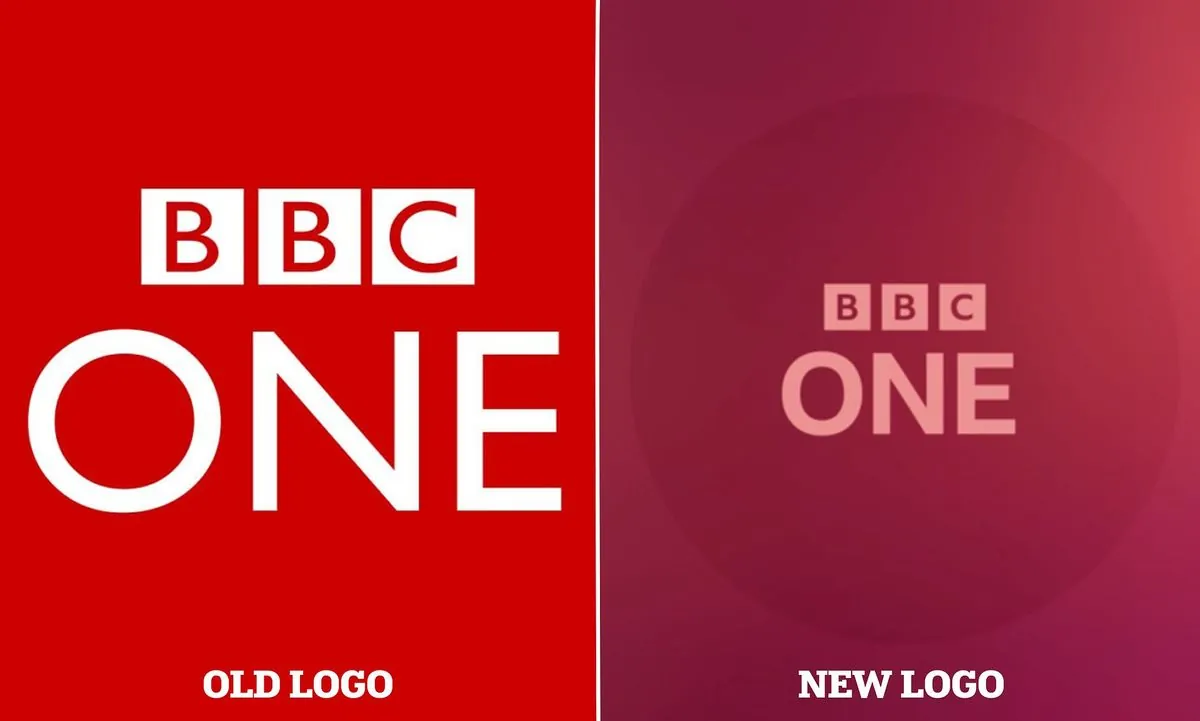BBC and NHS: British Icons Under Fire in Changing Times
Two pillars of British identity, the BBC and NHS, face unprecedented criticism. Their postwar origins and collective purpose are challenged by modern expectations for service quality and consumer choice.

In a striking turn of events, two cornerstones of British society, the British Broadcasting Corporation (BBC) and the National Health Service (NHS), are experiencing unprecedented levels of public scrutiny. These institutions, once revered as symbols of national unity, now find themselves at the center of intense debate.
The familiarity and affection for these organizations are evident in their widely recognized initials. This informal reference reflects their deep integration into British culture. Both the BBC and NHS emerged in their current forms during the post-World War II era, a time when collective purpose was seen as crucial to national success.

The BBC, founded in 1922 and becoming a public corporation in 1927, has long been a global leader in broadcasting. It introduced television service in 1936 and brought color TV to Europe in 1967. The NHS, established in 1948 as part of post-war social reforms, has grown to become the world's fifth-largest employer, handling over a million patients every 36 hours.
However, the ideological foundations of these institutions are now being questioned. The BBC faces criticism for perceived self-regard and disconnection from public opinion, while the NHS is under fire for management issues and staff activism that some view as neglecting patient care.
"The BBC and NHS have lost touch with the people they're meant to serve."
The debate extends beyond service quality to fundamental political questions about societal organization. The NHS's commitment to equal access, while admirable, may prioritize distribution equality over treatment quality. Comparisons with mixed private-public healthcare systems in other countries suggest potential benefits in patient outcomes and satisfaction.
Similarly, the BBC's role as a universal national voice is challenged by the diverse media landscape. The corporation's response to increased competition has been criticized as both dismissive and defensive.
Public expectations are evolving rapidly. Modern consumers, accustomed to choice and responsiveness in other sectors, increasingly demand similar standards from healthcare and media services. The author argues that state monopolies may struggle to meet these changing demands effectively.
As of 2024, both the BBC and NHS face the challenge of adapting to a world vastly different from their postwar origins. The BBC, operating under a Royal Charter renewed every decade, must navigate a media environment transformed by streaming and on-demand services. The NHS, providing free healthcare at the point of use for UK residents, grapples with balancing its founding principles against calls for modernization and efficiency.
In conclusion, these British institutions find themselves at a crossroads. Their future relevance may depend on their ability to evolve while maintaining the core values that have made them integral to British identity for over seven decades.


































